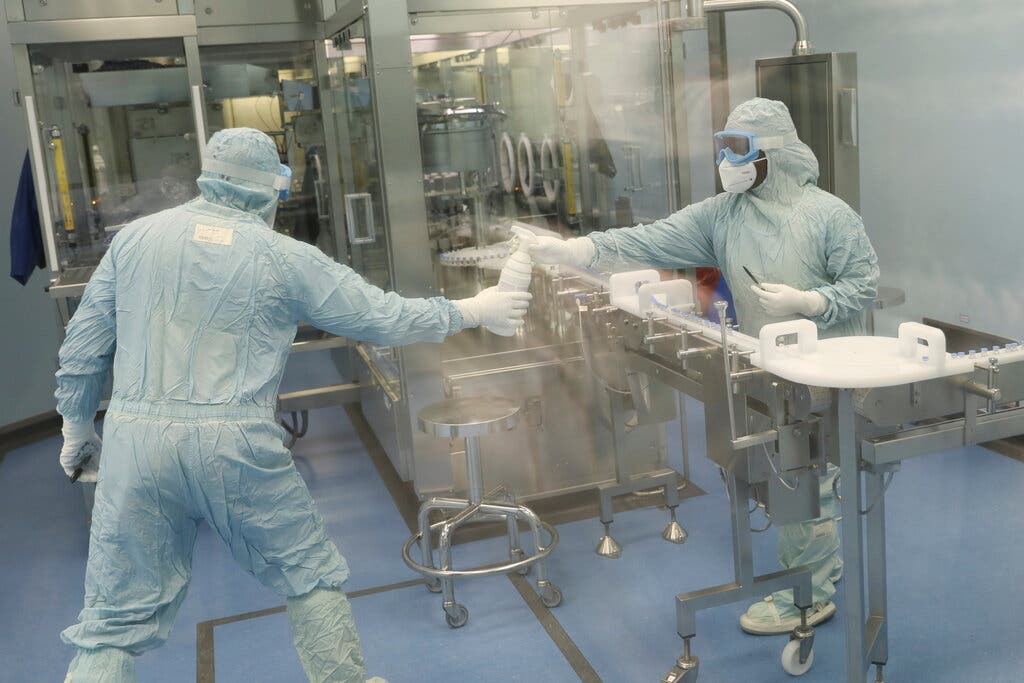
The agreement with the Medicines Patent Pool, an organization that works to make medical treatment and technologies globally accessible, will allow companies in 105 countries, mostly in Africa and Asia, to sublicense the formulation for the antiviral pill, called molnupiravir, and begin making it.
Merck reported this month that the drug halved the rate of hospitalizations and deaths in high-risk Covid patients in a large clinical trial. Affluent nations, including the United States, have rushed to negotiate deals to buy the drug, tying up large portions of the supply even before it has been approved by regulators and raising concerns that poor countries would be shut out of access to the medicine, much as they have been for vaccines.
“The Merck license is a very good and meaningful protection for people living in countries where more than half of the world’s population lives,” said James Love, who leads Knowledge Ecology International, a nonprofit research organization. “It will make a difference.”
Charles Gore, director of the Medicines Patent Pool, said: “This is the first transparent public health license for a Covid medicine, and really importantly, it is for something that could be used outside of hospitals, and which is potentially going to be very cheap.”
Mr. Gore said that more than 50 companies, from all regions of the developing world, have already approached the organization about obtaining a sublicense.
Pfizer also has a Covid antiviral pill in late-stage trials, and Mr. Gore said the company is also in talks with the patent pool.
Molnupiravir was developed by Merck and Ridgeback Biotherapeutics of Miami, based on a molecule first studied at Emory University in Atlanta.
Merck has submitted its clinical trial data to the Food and Drug Administration seeking emergency-use authorization; a decision could come in early December.
Stephen Saad, chief executive of Aspen Pharmacare in South Africa, said his company expects to apply for a license to make molnupiravir and distribute it across Africa. He said that he believed that Aspen could make the drug for about $20 per course. The U.S. government has an agreement to buy 1.7 million courses of the drug, pending its authorization by the F.D.A., a deal that fixes the price at $712 per course.
Mr. Gore said that he has been told by some in the field that a generic version of molnupiravir could be profitably produced for as little as $8 per course.
Under the licensing deal, Merck would continue to produce and sell the drug in wealthy nations and many middle-income ones at significantly higher prices.

